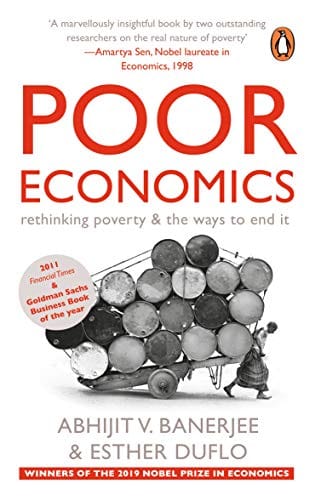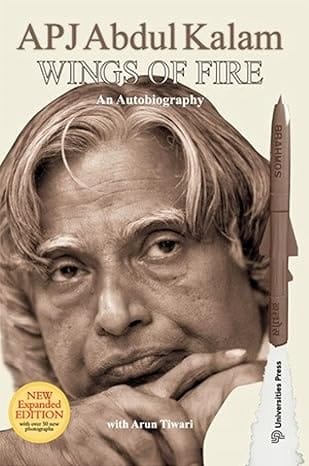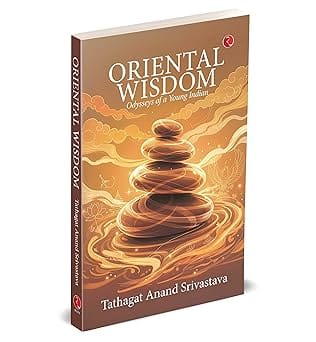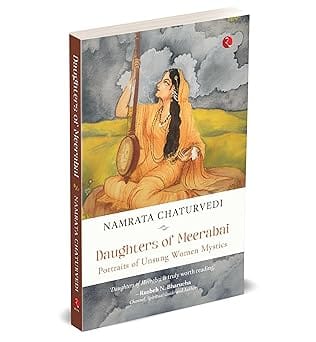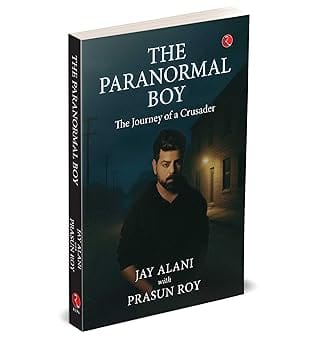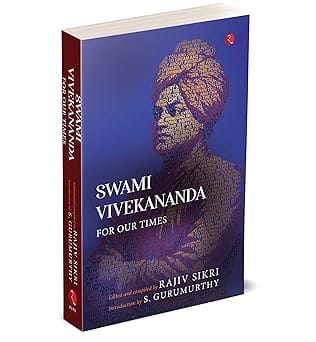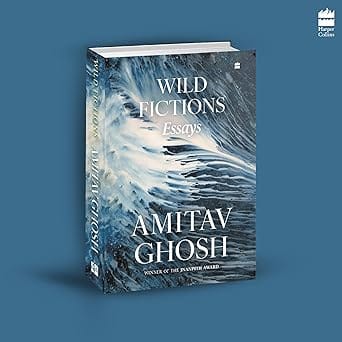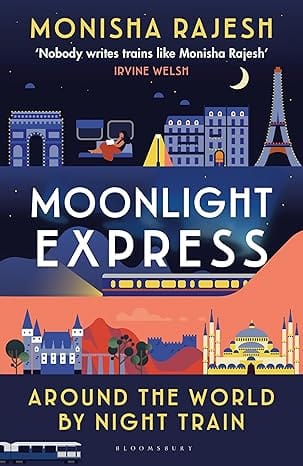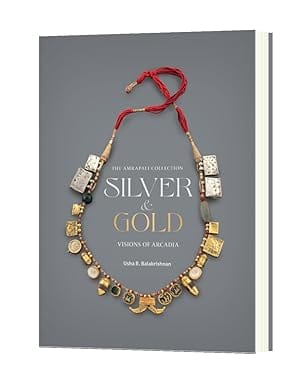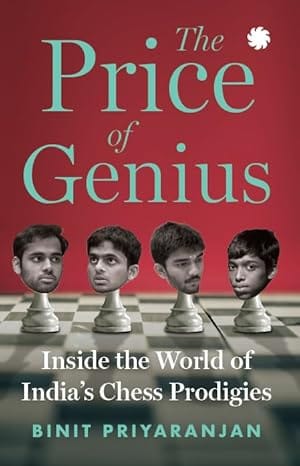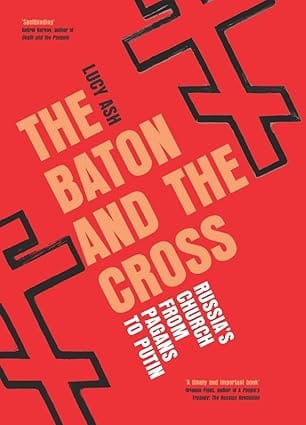- Non-ficton
- Non-ficton
- Contemporary Fiction
- Contemporary Fiction
- Children
- Children
- Comics & Graphic Novels
- Comics & Graphic Novels
- Non-Fiction
- Non-Fiction
- Fiction
- Fiction
Imagine you have a few million dollars. You want to spend it on the poor. How do you go about it? Billions of government dollars, and thousands of charitable organizations and NGOs, are dedicated to helping the world's poor. But much of their work is based on assumptions about the poor and the world that are untested generalizations at best, harmful misperceptions at worst.
Abhijit V. Banerjee and Esther Duflo have pioneered the use of randomized control trials in development economics through their award-winning Poverty Action Lab. They argue that by using randomized control trials, and more generally, by paying careful attention to the evidence, it is possible to make accurate—and often startling assessments—on what really impacts the poor and what doesn't.
Why would a man in Morocco who doesn't have enough to eat buy a television? Why is it so hard for children in poor areas to learn even when they attend school? Why do the poorest people in Maharashtra spend 5 percent of their total budget on sugar? Does having lots of children actually make you poorer? Drawing on their research at the Poverty Action Lab and their fifteen years of fieldwork in India and across the world, the two economists ask many such questions and show why the poor, despite having the same desires and abilities as anyone else, end up with entirely different lives.
Revelatory and impassioned, Poor Economics is a pathbreaking book that will help you to understand the real causes of poverty and how to end it.
9788184002805- Home
- Non-Fiction
- Poor Economics
Poor Economics
SIZE GUIDE
- ISBN: 9788184002805
- Author: Abhijit Banerjee
- Publisher: Penguin
- Pages: 464
- Format: Paperback
Book Description
Imagine you have a few million dollars. You want to spend it on the poor. How do you go about it? Billions of government dollars, and thousands of charitable organizations and NGOs, are dedicated to helping the world's poor. But much of their work is based on assumptions about the poor and the world that are untested generalizations at best, harmful misperceptions at worst.
Abhijit V. Banerjee and Esther Duflo have pioneered the use of randomized control trials in development economics through their award-winning Poverty Action Lab. They argue that by using randomized control trials, and more generally, by paying careful attention to the evidence, it is possible to make accurate—and often startling assessments—on what really impacts the poor and what doesn't.
Why would a man in Morocco who doesn't have enough to eat buy a television? Why is it so hard for children in poor areas to learn even when they attend school? Why do the poorest people in Maharashtra spend 5 percent of their total budget on sugar? Does having lots of children actually make you poorer? Drawing on their research at the Poverty Action Lab and their fifteen years of fieldwork in India and across the world, the two economists ask many such questions and show why the poor, despite having the same desires and abilities as anyone else, end up with entirely different lives.
Revelatory and impassioned, Poor Economics is a pathbreaking book that will help you to understand the real causes of poverty and how to end it.
User reviews
NEWSLETTER
Subscribe to get Email Updates!
Thanks for subscribing.
Your response has been recorded.

India's Iconic & Independent Book Store offering a vast selection of books across a variety of genres Since 1978.
"We Believe In The Power of Books" Our mission is to make books accessible to everyone, and to cultivate a culture of reading and learning. We strive to provide a wide range of books, from classic literature, sci-fi and fantasy, to graphic novels, biographies and self-help books, so that everyone can find something to read.
Whether you’re looking for your next great read, a gift for someone special, or just browsing, Midland is here to make your book-buying experience easy and enjoyable.
We are shipping pan India and across the world.
For Bulk Order / Corporate Gifting
 +91 9818282497 |
+91 9818282497 |  [email protected]
[email protected]
Click To Know More
QUICK LINKS
ADDRESS
Shop No.20, Aurobindo Palace Market, Near Church, New Delhi

